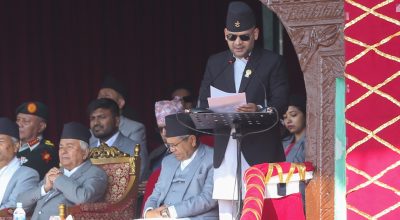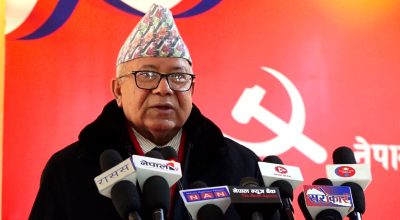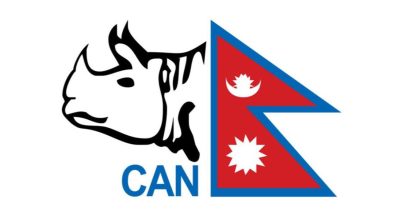
KATHMANDU: The International Monetary Fund (IMF) team has suggested Nepali competent authorities to further monetary tightening and a prudent FY2023 budget is needed to preserve macroeconomic stability of the country.
A statement at the conclusion of IMF mission to Nepal has suggested three key areas for the improvement of Nepali economy, and they have stated their satisfaction with the assurance of Nepali authorities.
- Nepal’s post-COVID economic recovery continues. However, the global economic impact of the war in Ukraine is exacerbating existing vulnerabilities and impacting Nepal’s import reliant economy, increasing inflation, and decreasing international reserves.
- The authorities have expressed their determination to tackle these external pressures by gradually exiting from extraordinary Covid-related expansionary monetary policy and preserving international reserves. Further monetary tightening and a prudent FY2023 budget will be needed to preserve macroeconomic stability.
- Progress has been made in the last few months in advancing the structural reforms envisaged under the Extended Credit Facility (ECF) that was approved in January 2022. Discussions will continue in the coming weeks toward reaching a staff-level agreement for the IMF Executive Board’s consideration of the first review under the ECF.
An International Monetary Fund (IMF) team led by Robert Gregory visited Kathmandu from April 24 to May 2, 2022, to conduct discussions on the first review under Nepal’s Extended Credit Facility (ECF) with the IMF.
At the end of the visit, team leader Gregory made the following statement in Kathmandu.
“Against the background of declining COVID cases, and a very successful public vaccination campaign, economic activity has strengthened, reflecting the reopening of the economy, rapid credit growth, a gradual recovery in tourism and sustained remittances. Inflation has however increased, and imports have continued to rise rapidly, with existing imbalances exacerbated by the impact of the war in Ukraine on commodity prices, raising the cost of oil imports in particular. Although they currently remain adequate, international reserves have declined more than anticipated when the ECF was approved.
“The team welcomed the authorities’ determination to take measures to address decreasing international reserves and higher inflation. The increase in policy rates implemented in February was a welcome first step towards unwinding the current accommodative monetary policy stance. The team emphasized the need to further tighten monetary policy, including by increasing interest rates. Taken together with the gradual unwinding of COVID support measures in the banking system, this approach is expected to address decreasing international reserves without the need to resort to import restrictions that could exacerbate inflation and hamper economic growth.
“The team also discussed the need for a prudent FY2023 budget, consistent with that envisaged under the IMF-supported program. Taken together with a tighter monetary policy, this policy mix would help address inflationary pressures and growing external imbalances, while safeguarding the economic recovery and debt sustainability.
“The team welcomed the progress made towards implementing the authorities’ structural reform agenda. Discussions will continue in the coming weeks towards reaching a staff-level agreement for the IMF Executive Board’s consideration of the first review under the ECF.
The team met with Finance Minister Janardan Sharma, Nepal Rastra Bank Governor Maha Prasad Adhikari, National Planning Commission Vice-Chairman Biswo Nath Poudel, Auditor General Tankamani Sharma Dangal, Finance Secretary Madhu Kumar Marasini, Revenue Secretary Krishna Hari Pushkar, Financial Comptroller General Suman Raj Aryal, other senior officials, and development partners and representatives of the business community.
According to IMF, the Extended Credit Facility (ECF) provides financial assistance to countries with protracted balance of payments problems. It supports countries’ economic programs aimed at moving toward a stable and sustainable macroeconomic position consistent with strong and durable poverty reduction and growth. The ECF may also help catalyze additional foreign aid.










